Problems with not tilling in compost?
rt_peasant
13 years ago
Related Stories

GARDENING GUIDESGet on a Composting Kick (Hello, Free Fertilizer!)
Quit shelling out for pricey substitutes that aren’t even as good. Here’s how to give your soil the best while lightening your trash load
Full Story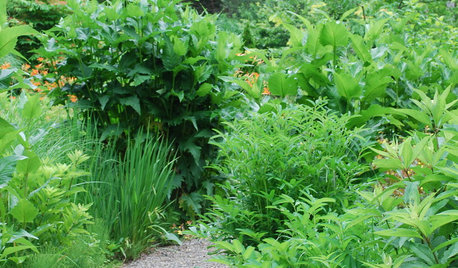
GARDENING GUIDESSolve 3 Common Landscape Problems — With More Plants
Sometimes the best defense is a good offense
Full Story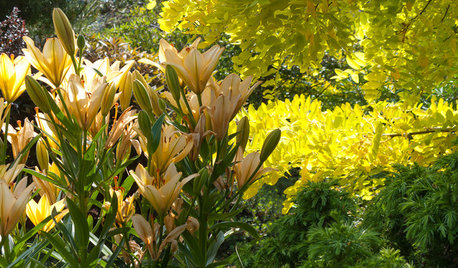
GARDENING GUIDESGreat Garden Combo: 3 Wonderful Plants for a Deer-Resistant Screen
Protect your privacy and keep deer at bay with a planting trio that turns a problem garden area into a highlight
Full Story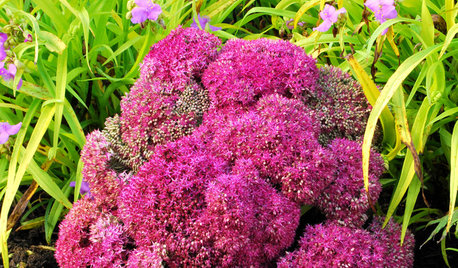
GARDENING GUIDESGreat Design Plant: Sedum (Stonecrop)
Terrific at filling gaps and in a wide range of colors and shapes, sedum is a problem solver in the garden
Full Story
GARDENING GUIDESHouzz TV: Make a Worm Bin for Rich Soil and Happy Plants
A worm-powered compost bin that can fit under a sink turns food scraps into a powerful amendment for your garden. Here’s how to make one
Full Story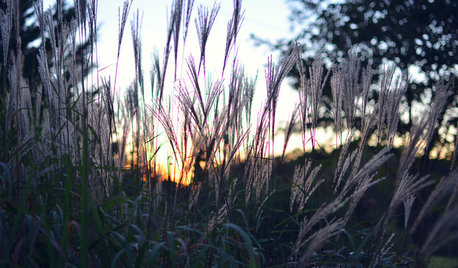
GARDENING GUIDESMid-Atlantic Gardener's November Checklist
Winding down for winter means prepping, potting, piling and picking an indoor solution for daily compost
Full Story0
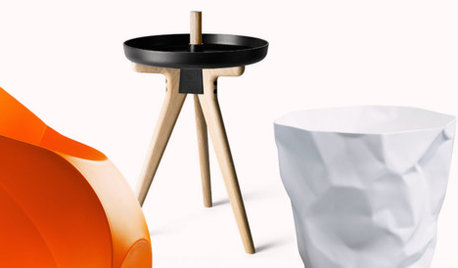
SHOP HOUZZHouzz Products: Innovative Things to Make You Say, ‘Wow’
Meet the problem solvers, the delightful finds and other models of great, creative design
Full Story
PETSRoom of the Day: Laundry Room Goes to the Dogs
Muddy paws are no problem in this new multipurpose room
Full Story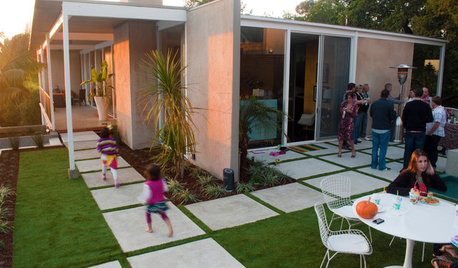
INSIDE HOUZZThere’s a Party in the Backyard, Says a Houzz Landscaping Survey
Entertaining, growing edibles and solving problems are goals for homeowners planning to revamp their yards
Full Story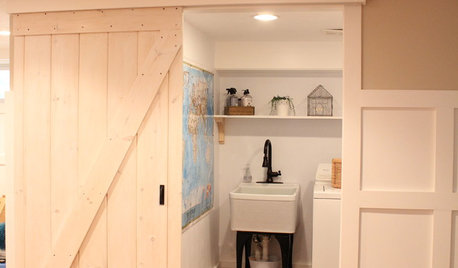
DIY PROJECTSMake Your Own Barn-Style Door — in Any Size You Need
Low ceilings or odd-size doorways are no problem when you fashion a barn door from exterior siding and a closet track
Full StoryMore Discussions








nancyjeanmc
jolj
Related Professionals
Birmingham Landscape Architects & Landscape Designers · Rancho Cordova Landscape Architects & Landscape Designers · Surprise Landscape Contractors · Eustis Landscape Contractors · Red Oak Landscape Contractors · Thornton Landscape Contractors · West Chicago Landscape Contractors · Suisun City Landscape Contractors · Detroit Decks, Patios & Outdoor Enclosures · Fredericksburg Decks, Patios & Outdoor Enclosures · Hull Decks, Patios & Outdoor Enclosures · Lenoir Decks, Patios & Outdoor Enclosures · Olathe Decks, Patios & Outdoor Enclosures · Saint Louis Park Decks, Patios & Outdoor Enclosures · Vero Beach Decks, Patios & Outdoor EnclosuresKimmsr
gardengal48 (PNW Z8/9)
Lloyd
rt_peasantOriginal Author
lazy_gardens
gardengal48 (PNW Z8/9)
rt_peasantOriginal Author
jonhughes
Kimmsr
momstar
Kimmsr
leira
jonhughes
kenr1963
Kimmsr